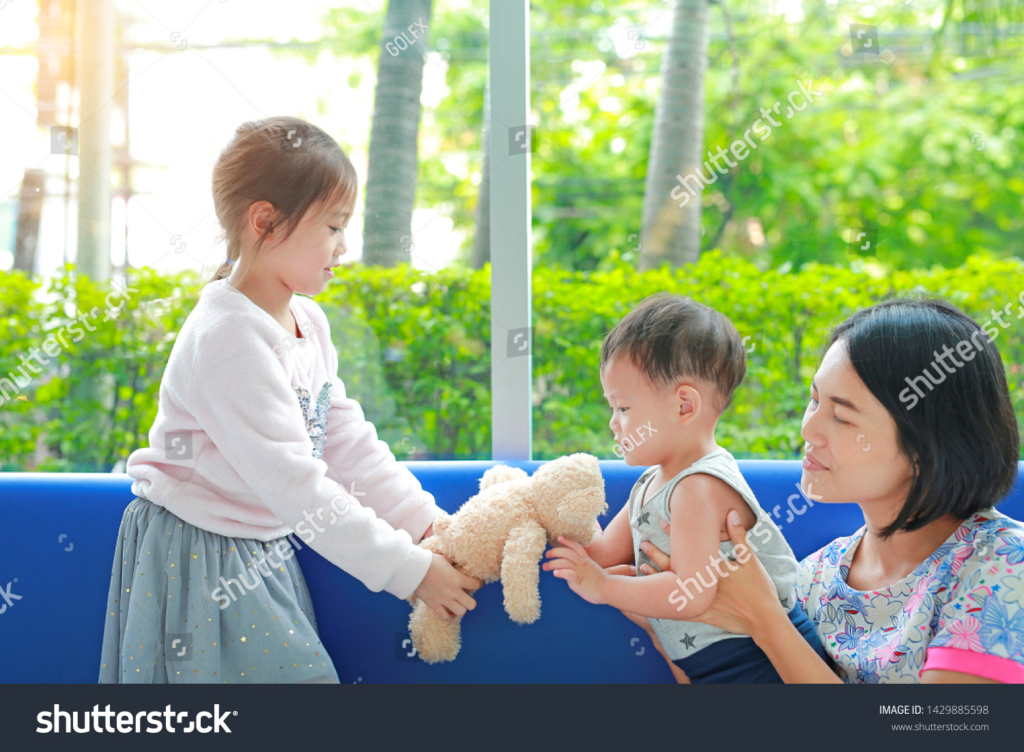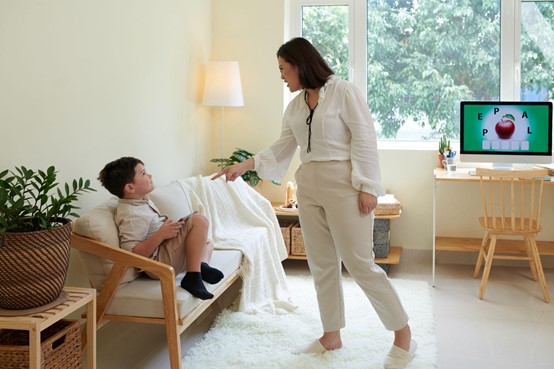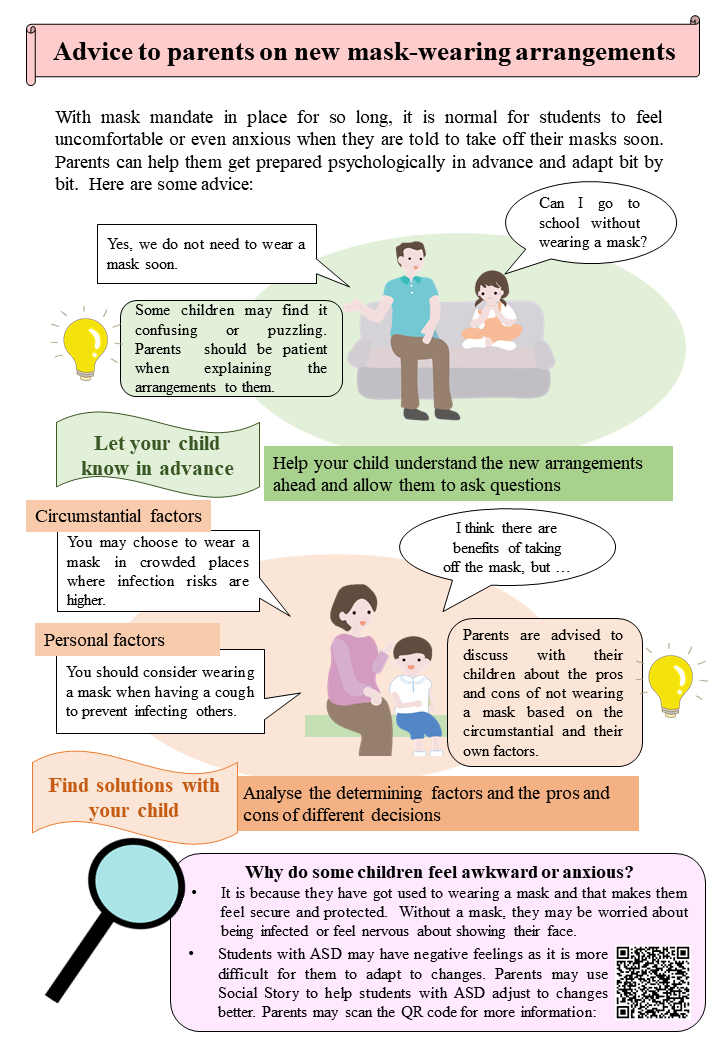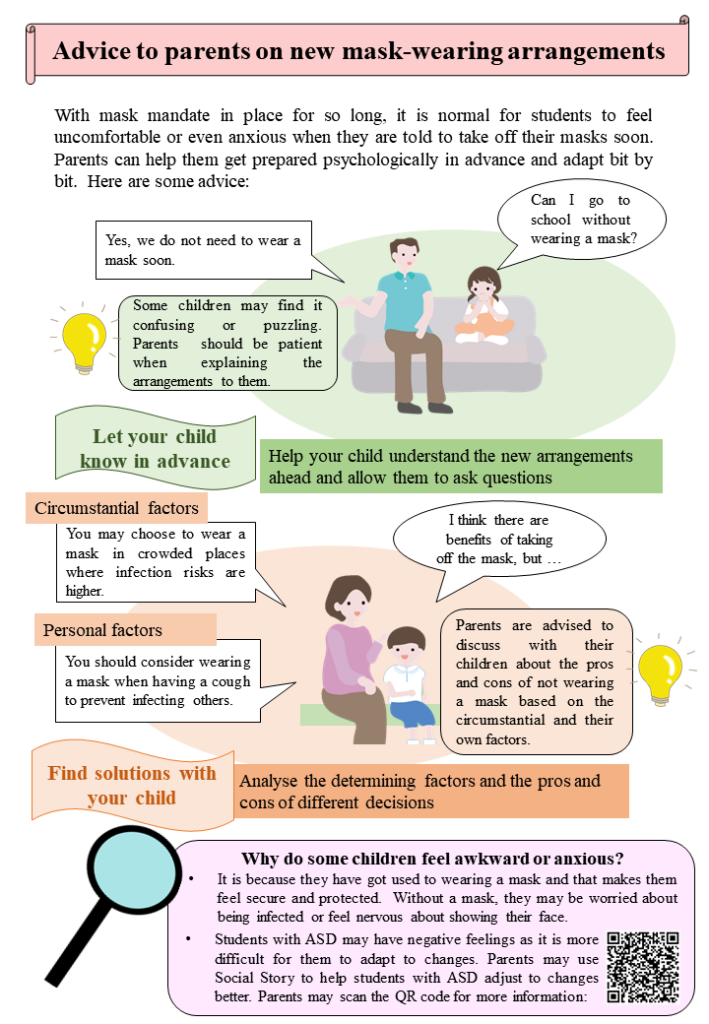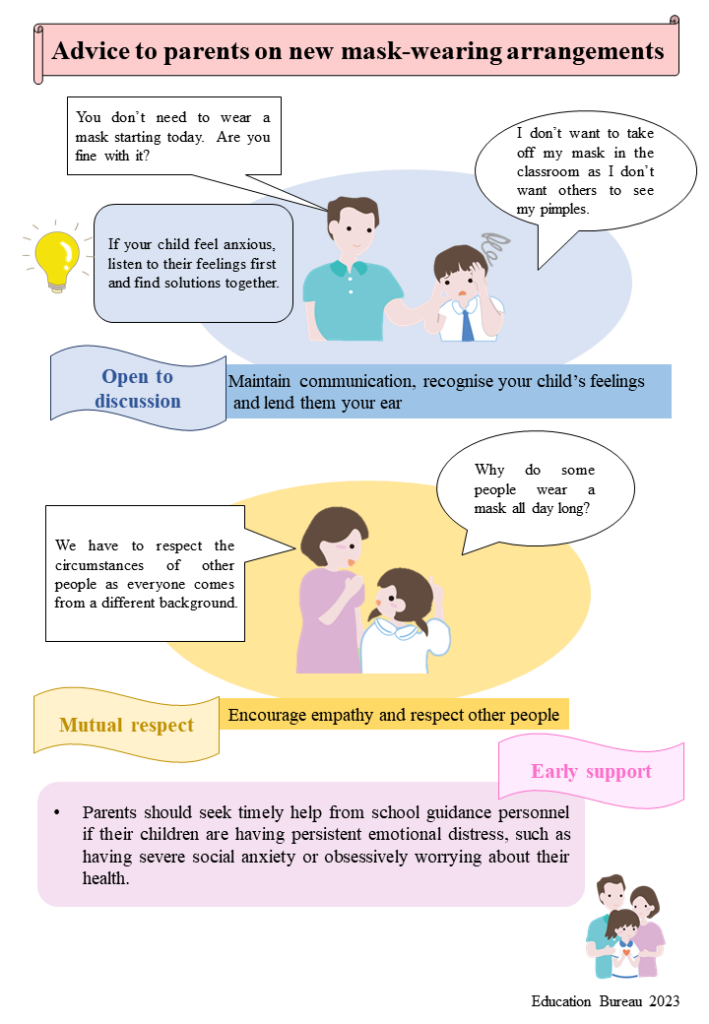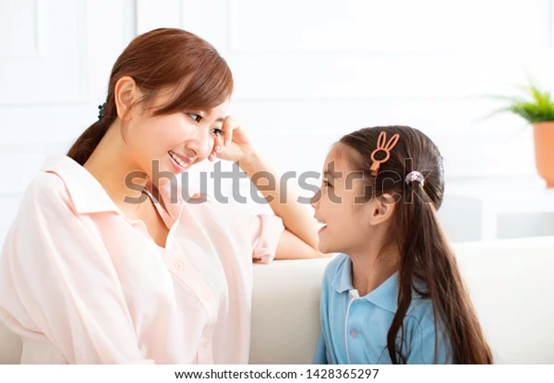Will getting water in the ears cause Otitis media? Do you need to help children clean their ears?
Source: Pediatric Specialist, Dr. Lam Ka Yee

In fact, earwax is a normal secretion in the ear canal, and its function is to protect the ear canal and reduce the risk of bacterial infection. Earwax will naturally flow out on its own, so in general, parents do not need to specifically clean the earwax inside their children’s ear canals. Unless the earwax has flowed to the outer ear or is at the opening of the ear canal, parents can gently clean it with a damp cotton swab.
When parents clean the earwax in their children’s ear canals, even if they use a cotton swab gently, there is a chance of injuring the mucous membrane of the ear canal, leading to inflammation or even damaging or puncturing the eardrum. If parents accidentally push the earwax further in or if the child feels uncomfortable during the cleaning process, it is best to take the child to see a doctor to determine whether it is necessary to remove the earwax. In general, there are only two situations where a doctor may recommend removing earwax for children.

First, if earwax completely blocks the ear canal, it can affect a child’s hearing. Second, doctors need to carefully examine the child’s eardrum. If parents detect an unusual odor from their child’s ear, they should promptly take them to see a doctor to determine if there is a possibility of inflammation in the ear canal causing the odor.
If a child feels discomfort in their ears after taking a bath or swimming, parents can gently tilt their child’s head and use a towel to gently dab away the water that has already flowed out. It is important not to use items like cotton swabs to clean the inside of the ears. Getting water in the ears does not cause Otitis media as the ear canal and middle ear are separated by the eardrum. Even if water enters the ears, it will not pass through the eardrum into the middle ear, so getting water in the ears while swimming does not cause Otitis media.
What conditions can lead to Otitis media? Otitis media are generally caused by upper respiratory tract infections, where bacteria travel from the throat through the Eustachian tube and reach the middle ear, resulting in inflammation. Therefore, it is not related to getting water in the ears.








